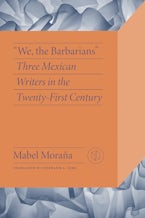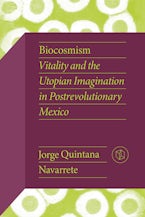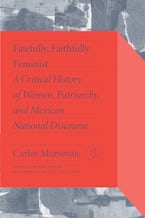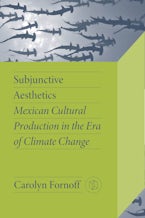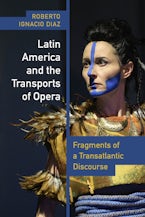- Home
- Screening Neoliberalism
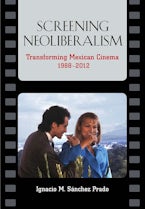
Screening Neoliberalism
Transforming Mexican Cinema, 1988-2012
Cavernous, often cold, always dark, with the lingering smell of popcorn in the air: the experience of movie-going is universal. The cinematic experience in Mexico is no less profound, and has evolved in complex ways in recent years. Films like Y Tu Mama Tambien, El Mariachi, Amores Perros, and the work of icons like Guillermo del Toro and Salma Hayek represent much more than resurgent interest in the cinema of Mexico. In Screening Neoliberalism, Ignacio Sanchez Prado explores precisely what happened to Mexico's film industry in recent decades. Far from just a history of the period, Screening Neoliberalism explores four deep transformations in the Mexican film industry: the decline of nationalism, the new focus on middle-class audiences, the redefinition of political cinema, and the impact of globalization. This analysis considers the directors and films that have found international notoriety as well as those that have been instrumental in building a domestic market. Screening Neoliberalism exposes the consequences of a film industry forced to find new audiences in Mexico's middle-class in order to achieve economic and cultural viability.
Ignacio M. Sánchez Prado is Associate Professor of Spanish at Washington University in St. Louis. He is author of Naciones intelectuales, which won the 2010 Latin American Studies Association Mexico Section Book Award in the Humanities.
"Of the recent spate of books about Mexican cinema, Screening Neoliberalism is the finest. [...] Essential."
--Choice
"One of the most significant contributions of Screening Neoliberalism is the intellectually rigorous, theoretically rich survey of both iconic and little known commercial feature-length narrative films made in Mexico between 1988 and 2012. It examines the history, institutions, contexts, practices, and forms that have reshaped Mexican national cinema in the neoliberal moment and does so with verve, passion, and exhaustive critical scrutiny."
--Sergio de la Mora, author of Cinemachismo
"This book sets itself apart from 'traditional Mexican studies' by examining Mexican film as a symbolic space where post-revolutionary Mexican identity has lost its validity. In other words, Screening Neoliberalism sees Mexican cultural production as precisely the arena in which this break with the past first occurred. This proposal can be somewhat risky, but it can also underscore and trigger analytical processes that can revitalize Mexican studies."
--Fernando Fabio Sanchez, author of Artful Assassins

